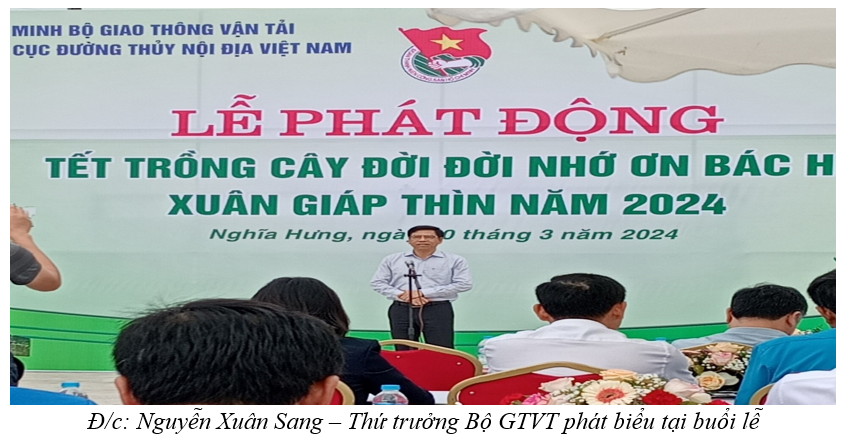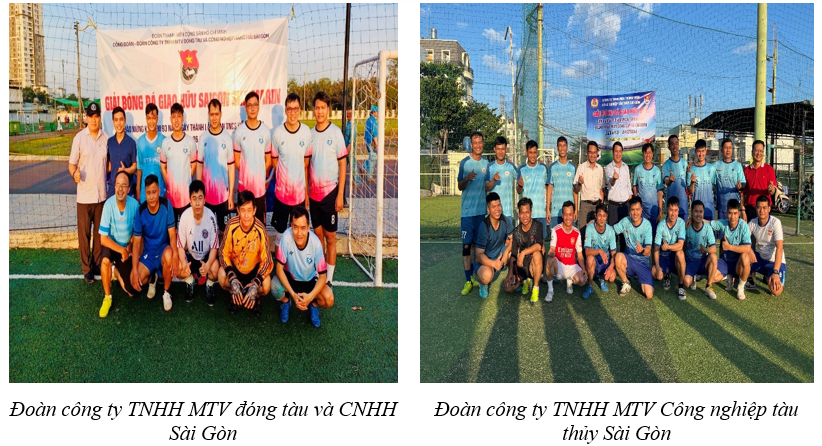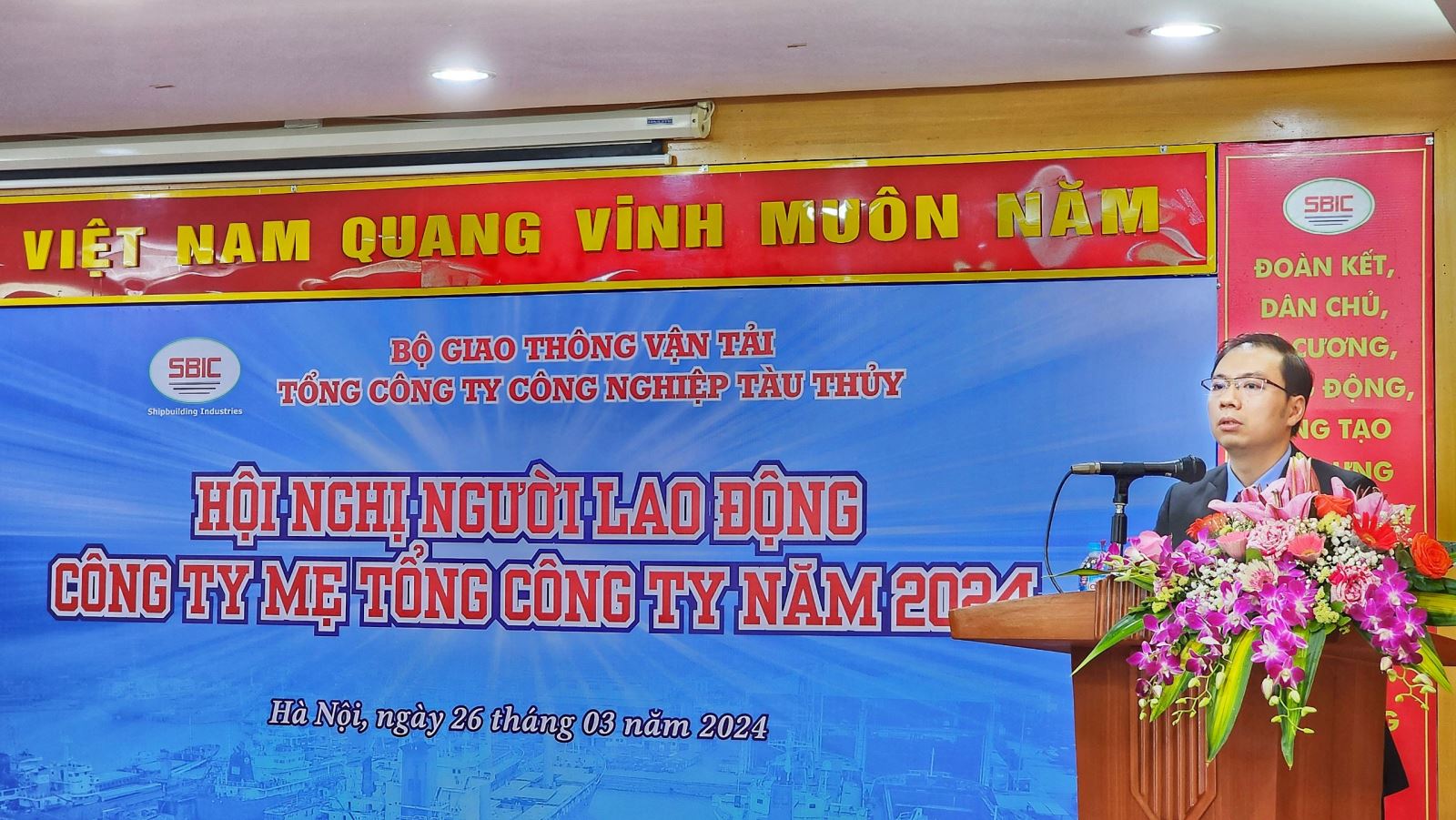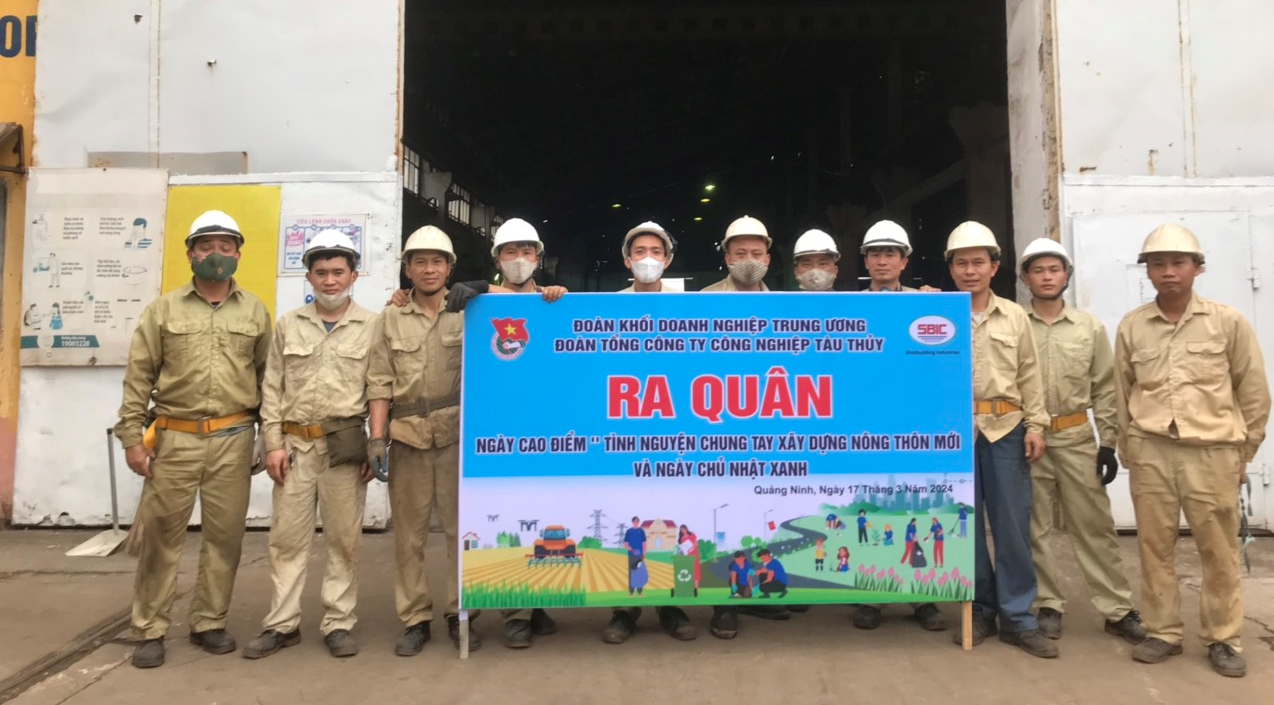Facing many difficulties of labor export of Vietnam such as: traditional markets receiving large amount of Vietnamese labor as South Korea, Taiwan are shrunken due to high rate of Vietnamese labor flee and illegal residence. For the Korean market, the Center for foreign countries labor under the Ministry of Labour – War Invalids and Social Affairs is the only institution authorized by the Ministry of Labour – War Invalids and Social Affairs to recruit and send workers to South Korea for work. For the Taiwan market, the implementation of labor export to Taiwan of enterprises with labor export permits is being reduced because domestic labor export enterprises and Taiwan brokers have some fraud in labor export. For the European market, the labor-receiving outside the EU is limited. The procedure for immigration into those markets encounters much trouble and complexity. Selection criteria for labor are strict and require high-level language.
In the context of the current situation of SBIC which has performed labor restructuring under the guidelines of the Government and the Ministry of Transport, maintaining traditional Japanese market in the field of labor cooperation is a long-term strategic vision due to objective and subjective reasons as follows:
Japan is one of the countries with the highest life expectancy in the world. Having more than 23% of Japan's population who is over 65 years old is pushing the country to the shortage of young workers seriously. To offset the shortage of manpower due to the aging population and low birth rate, the Government of Japan has extended technical internship program for a maximum period of 3 years. The purpose of this program is to train human resources for economic development, industrialization in the country through the transfer of technology, skills and knowledge in the field of manufacturing of Japan to foreigners. Since its inception in January 1999, Vinashin (now SBIC) was particularly interested in the rapid development of technical workforce for shipbuilding with high quality. Besides promoting the new training and retraining at domestic facilities, investing in, dealing in, upgrading vocational schools, The Corporation has advocated immediate deployment of training to improve skills for workers in the countries with strong development of shipbuilding industry, especially Japan. In order to further promote the training and labor cooperation, on January 19 1999, the Corporation established specialized department under the direct guidance of the leaders of the Corporation, called the Center for labor education cooperation with foreign countries which has been existing and operating until now.
After 15 years of operation, the Center has sent the labor of the member unit to be trained in four shipyards of JMU Shipbuilding (Japan) which are Tsu, Ariake, Kure, Maizuru. So far, the Centre has sent 1,427 workers to work in Japan: Factory of Tsu: 887 workers; Factory of Ariake: 241 workers; Factory of Kure: 283 workers; Factory of Maizuru: 16 workers; Number of workers completing training program and going back: 1,019 workers; Number of workers fled: 105 workers; Number of workers going back before maturity: 75 workers; Number of current workers: 228 workers.
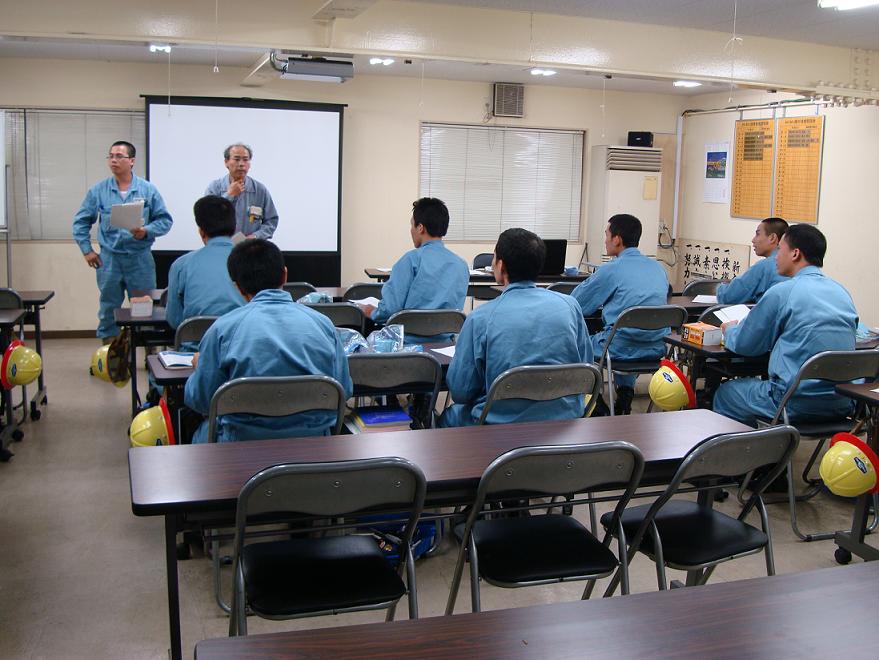
Vietnamese labor is highly appreciated by Japan for high workmanship, hard work and the ability to quickly acquire the skills, techniques, rapid integration with life, work in Japan. The average income of workers is from 133,000 ~ 142,000 yens/month (equivalent to VND 27,000,000 ~ VND 29,000,000). The conditions of life and living standards are good. The engineers and workers in Japan are enthusiastic help and give guidance in work and life.
After 15 years of labor put into training in Japan, the number of trainees completing training programs and coming back has really become an important factor, undertook the task requiring high skills in manufacturing, contributed significantly to the quality of big products with complex technical features and export products, the majority of them are assigned as team leaders, supervisors, some are located in the executive management positions such as foremen, assistant foremen, etc.
Recently, the Japanese government has allowed the extension of time training in Japan for foreign workers from 3 years to 5 years. In addition to the professional development program, the Government of Japan has extended the admission of foreign workers to work in Japan to serve the 2020 Olympics held in Japan and the reconstruction of the Northeast region of Japan suffered by effects of earthquake and tsunami. Those two programs are expected to be deployed in the near future. This is a great opportunity for not only SBIC but also for shipbuilding workers to reduce difficulties for workers and its units, and retain skilled workers to meet production requirements when the Corporation goes into stability and development.
Before the encouraging signs, in order to maintain the Japanese market, the Centre shall perform the following tasks:
- Stably maintaining current labor training market with four shipyards of Japan; Actively promoting labor quality; Doing good work-oriented education for workers in the timeout exit, management of foreign workers in order to minimize the violation of workers in order to enhance the reputation of the corporation; Find all measures to partner increased the number of workers to be trained annually and expand training in the areas of work such as electricians, painters and interior ships.
- Enlist relationship with Japan Marine United Corporation coordinated with management and labor at the Embassy of Japan to add a new contract with another company not only ship that other professions.
Activities included laborers working abroad increasingly important role, contributing a large positive contribution to the socio-economic development of the country, contributing to job creation efficiency, improve higher incomes for workers, poverty reduction and sustainable poverty reduction. With its shipbuilding industry also has great significance is to create a team of workers with high technical level, the style industry and conscious discipline. This really is the precious seed of the shipbuilding industry in the future.
Trần Thị Đoan Trang
Deputy Director of the Center for Labor Education Cooperation with foreign countries

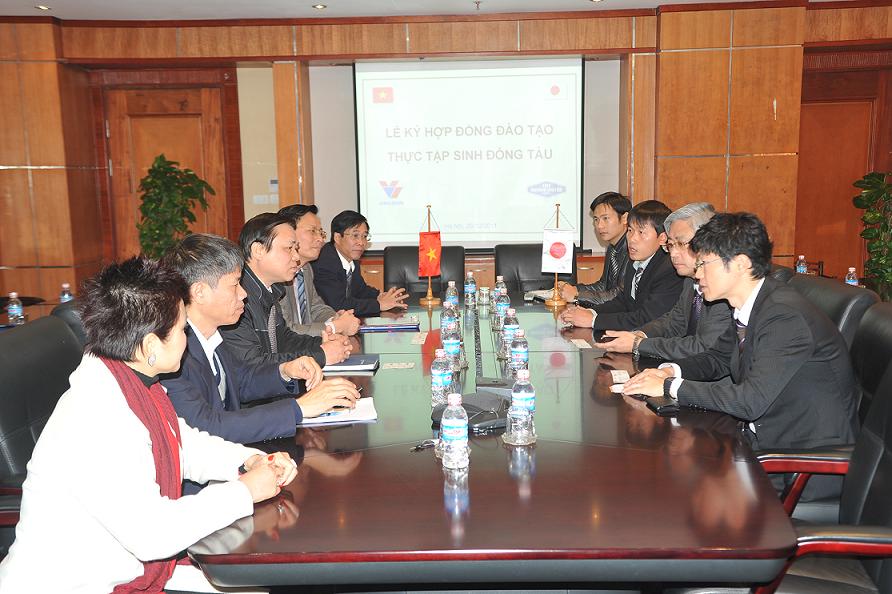


 Tiếng Việt
Tiếng Việt English
English